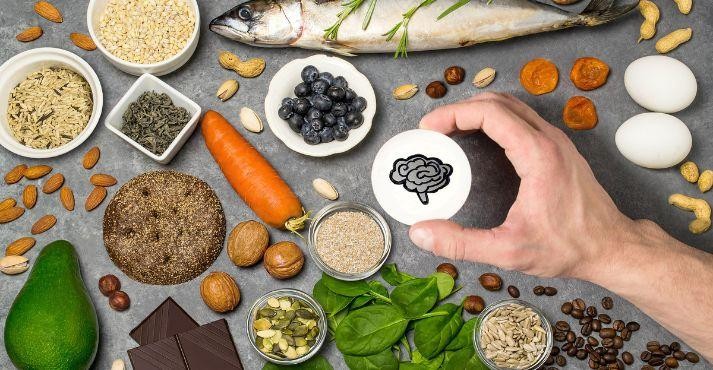Growing Demand for Health-Boosting Foods
Consumers Prioritize Wellness
In 2025, functional foods are taking center stage as consumers increasingly seek products that support gut health and immunity. These nutrient-packed options, enriched with probiotics, prebiotics, and immune-boosting ingredients like zinc or vitamin C, are no longer niche but mainstream staples. Driven by a heightened focus on preventive health, shoppers are choosing foods that offer tangible benefits, from yogurt fortified with live cultures to snacks infused with adaptogens. This shift reflects a broader trend where wellness is a key driver of purchasing decisions.
Gut Health Takes the Spotlight
Probiotics and Prebiotics Dominate
Gut health has emerged as a top priority, with consumers gravitating toward foods that promote a balanced microbiome. Probiotic-rich products like kefir, kombucha, and fermented vegetables are in high demand, while prebiotic ingredients such as inulin and resistant starch are being added to everything from cereals to protein bars. These foods support digestion and mental well-being, appealing to health-conscious eaters. Brands are responding by innovating with gut-friendly formulations, making functional foods both accessible and appealing in 2025.
Immunity as a Market Driver
Fortified Foods Gain Traction
The focus on immunity continues to shape the functional food market, with consumers seeking products that bolster their body’s defenses. Ingredients like elderberry, turmeric, and vitamin D are increasingly common in beverages, snacks, and supplements, offering natural ways to support immune health. Post-pandemic awareness has fueled this trend, with shoppers prioritizing foods that provide long-term protection against illness. Brands that highlight immune-boosting benefits on packaging are seeing strong consumer loyalty, driving sales in a competitive market.
Innovation Fuels Product Development
Science-Backed Formulations Thrive
Food brands are investing heavily in research to create functional foods that deliver measurable health benefits. Advances in nutritional science have led to products like plant-based milks fortified with omega-3s or collagen-enhanced smoothies that support both gut and immune health. In 2025, transparency is key, with companies using clean labels to showcase science-backed ingredients. This innovation not only meets consumer demand for efficacy but also builds trust, as shoppers seek products that align with their health goals.
Sustainability Meets Functionality
Eco-Conscious Choices Resonate
Functional foods are increasingly tied to sustainability, as consumers demand products that are good for both their health and the planet. Brands are incorporating sustainably sourced ingredients, like organic chia seeds or regeneratively grown grains, into gut- and immunity-focused products. Eco-friendly packaging further enhances appeal, with biodegradable materials and minimal waste designs gaining traction. This dual focus on health and environmental responsibility positions functional foods as a holistic solution for conscious consumers in 2025.
Challenges and Opportunities Ahead
Balancing Taste and Health Benefits
While the rise of functional foods presents opportunities, brands face challenges in balancing taste, affordability, and efficacy. Consumers expect gut- and immunity-boosting products to be delicious without compromising on health benefits, pushing companies to innovate with flavors and textures. Additionally, ensuring accessibility across price points is critical to reaching a broader market. As competition intensifies, brands that can deliver tasty, effective, and sustainable functional foods will lead the way, shaping the future of the industry in 2025 and beyond.









